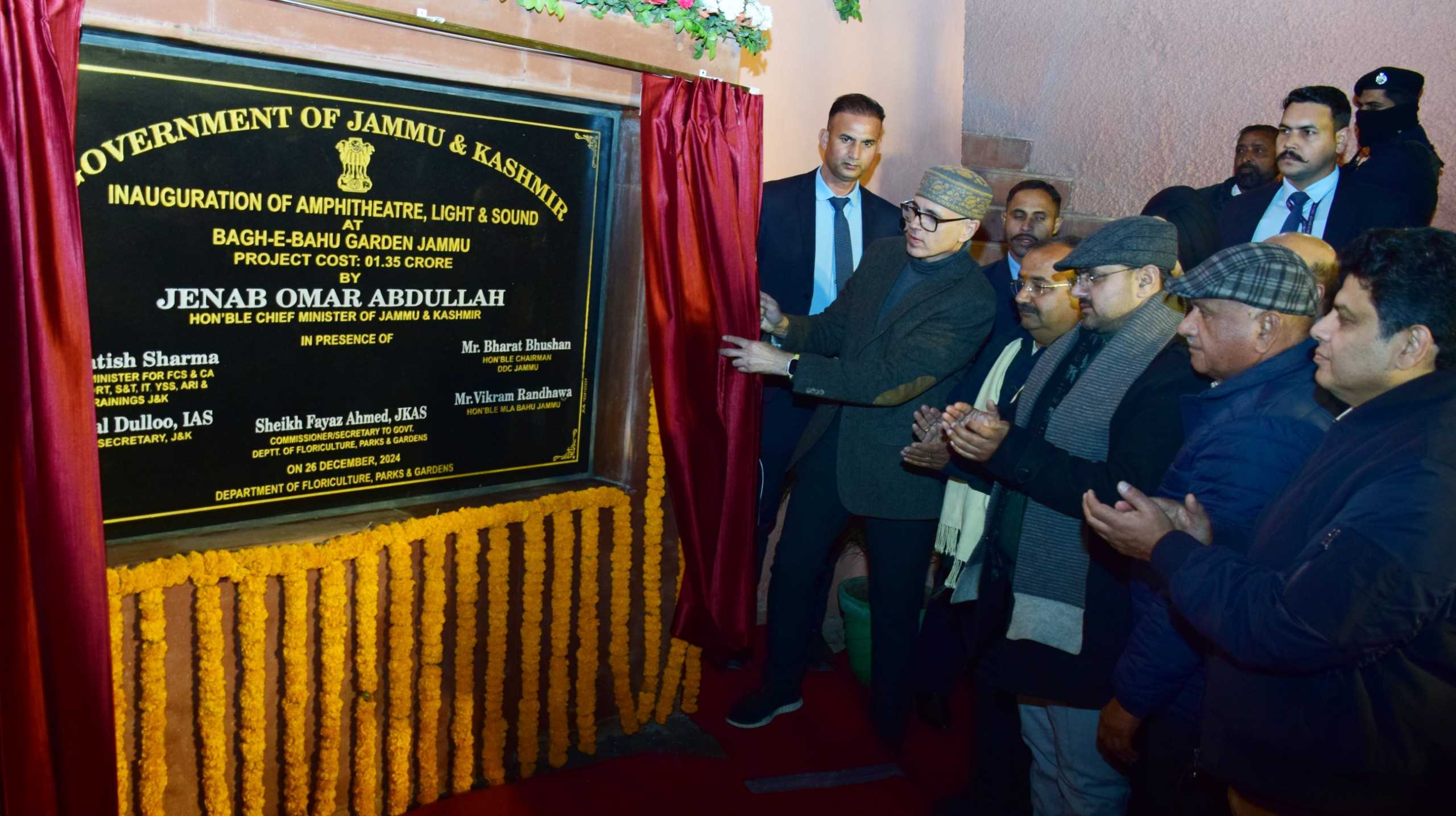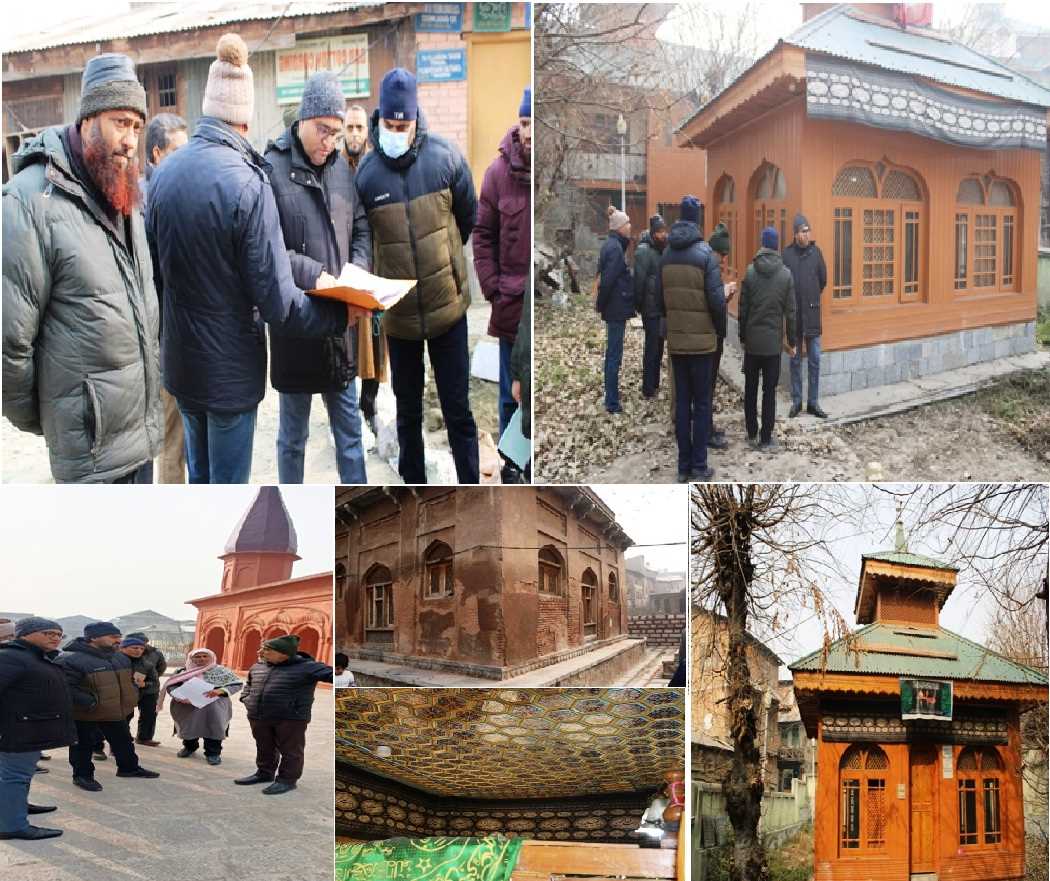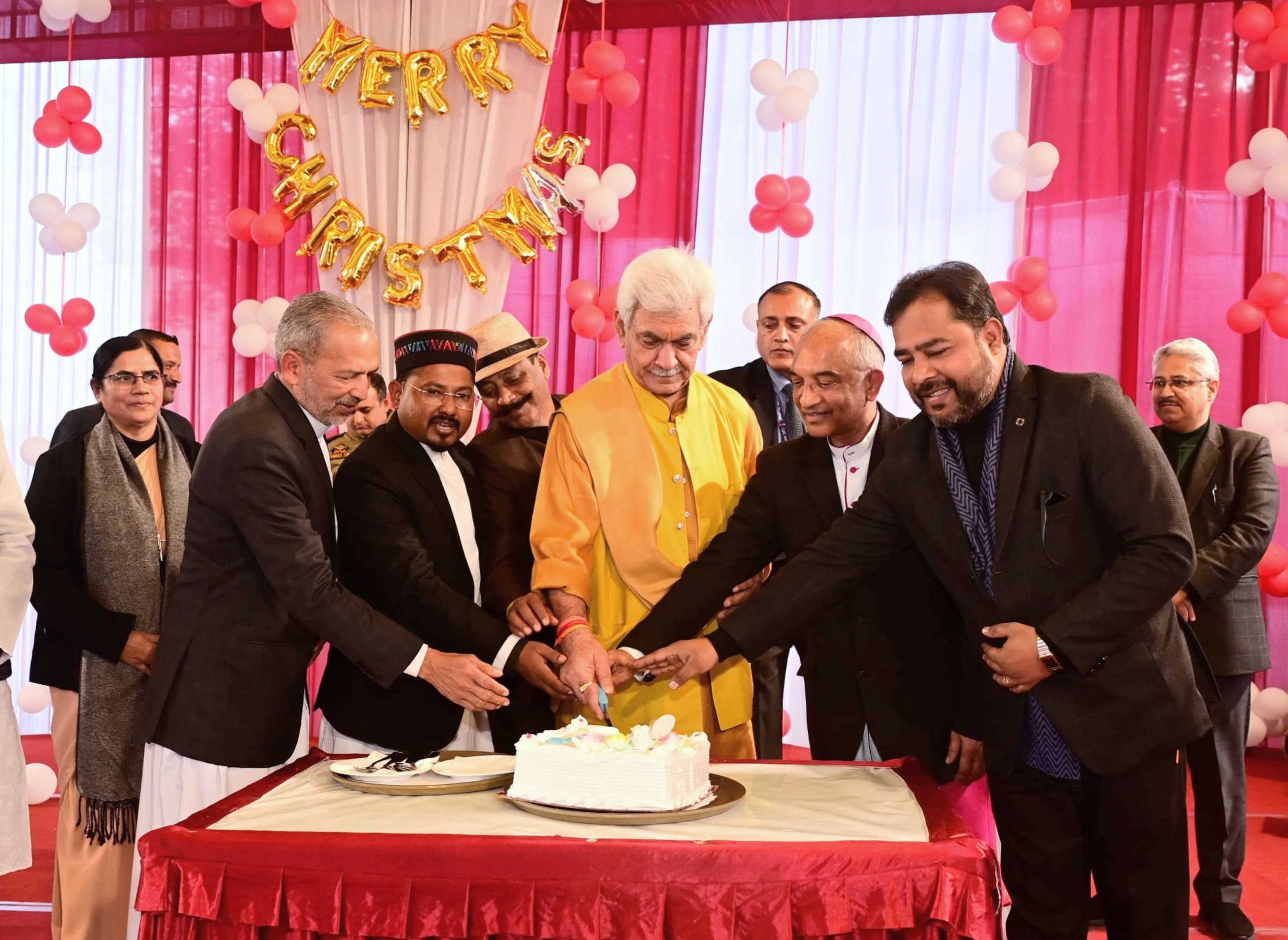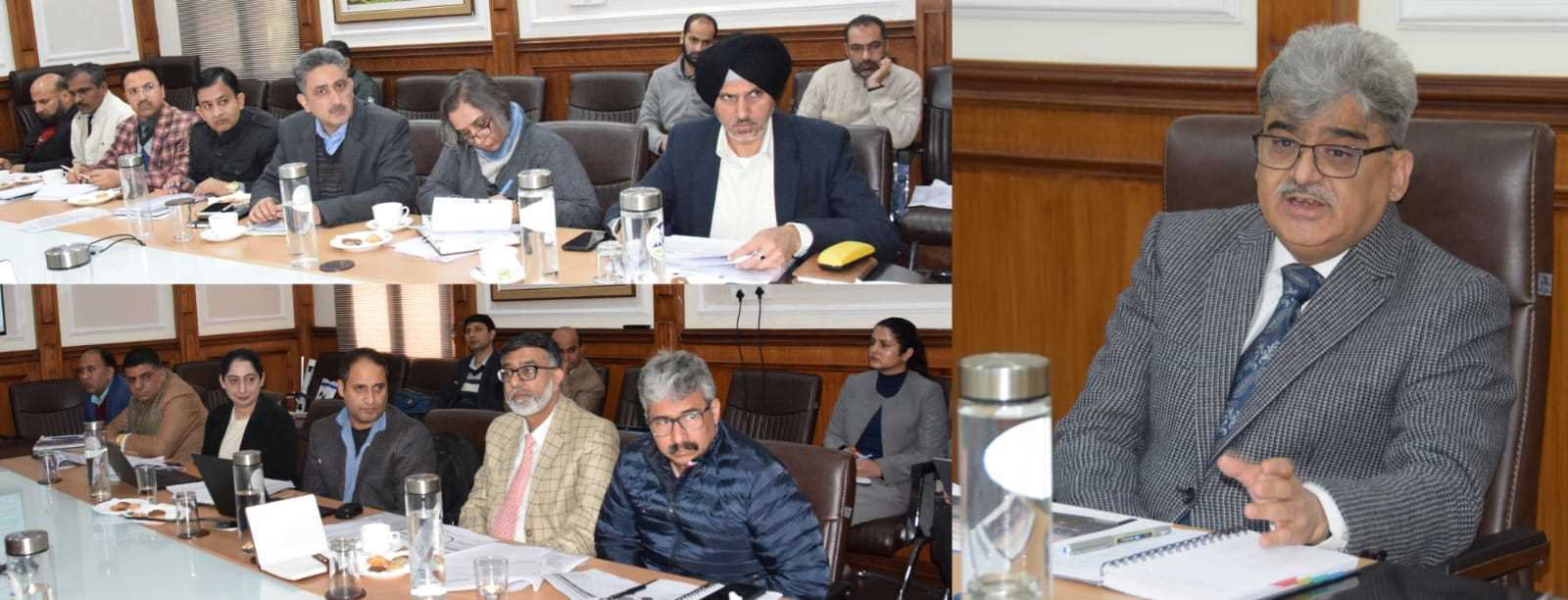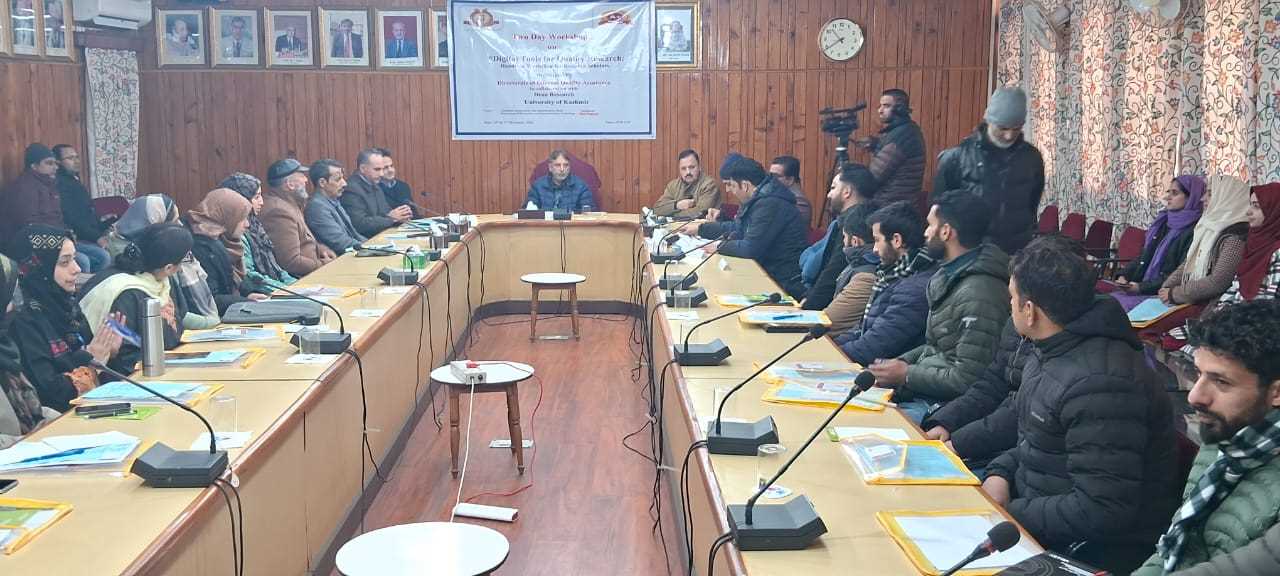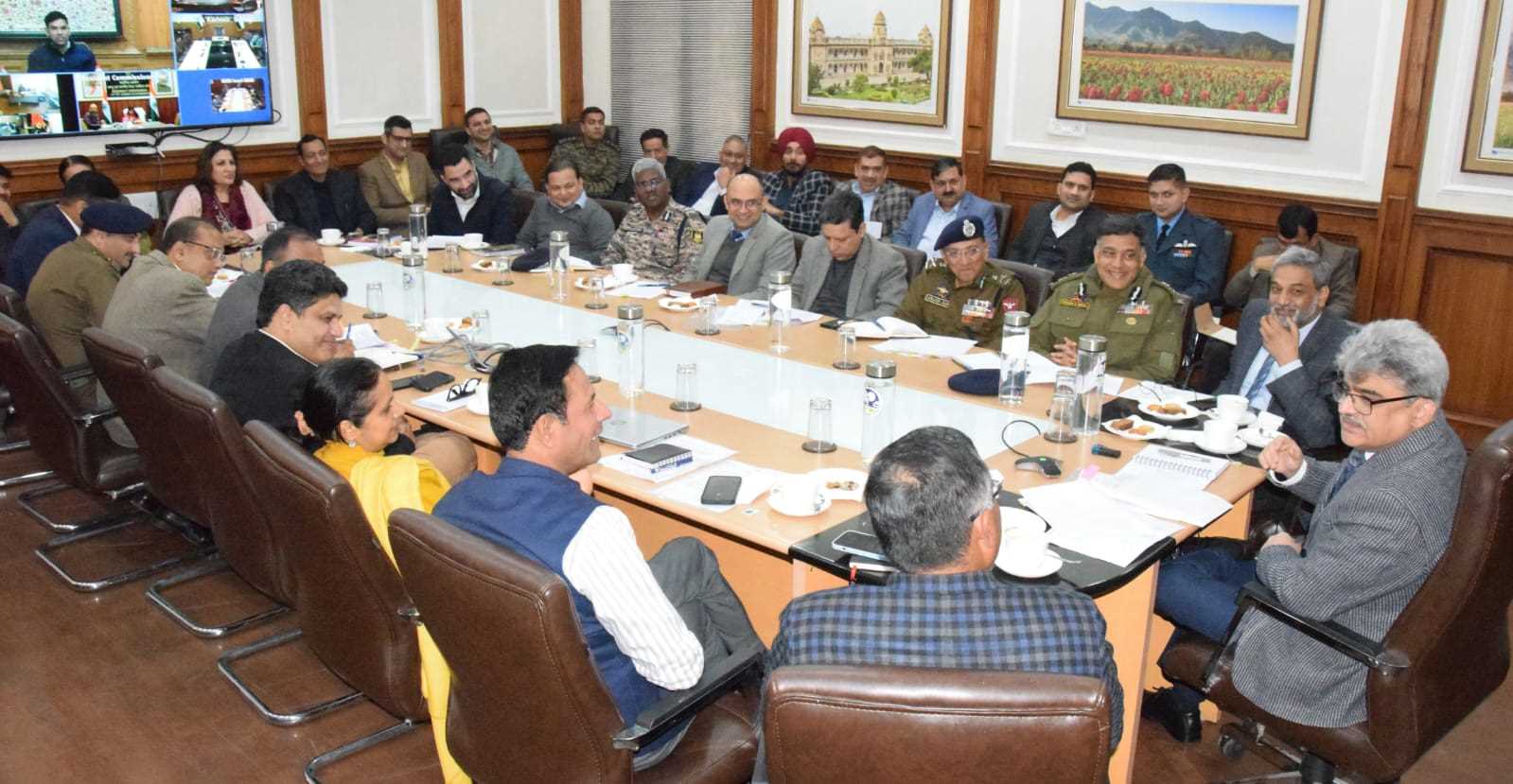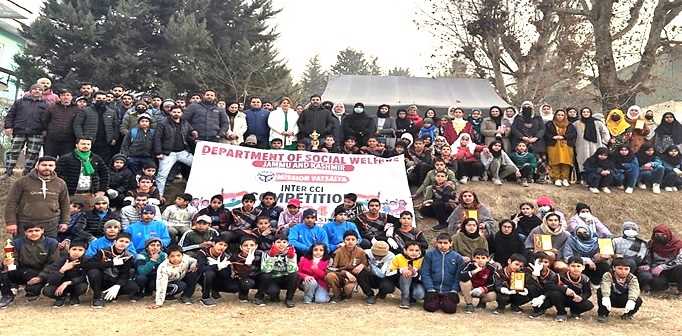While a lot is being made about Pakistan army chief Gen Syed Asim Munir’s mention of the 1999 Kargil war during his Defence Day speech, contrary to what many are claiming, this is not the first instance of Rawalpindi acknowledging the Pakistan army’s role in this conflict.
In his 2006 memoirs, the then army chief Gen Pervez Musharraf who had launched this ill-fated military campaign proudly acknowledged that the intruders were members of the Pakistan army and four years later, the Pakistan army posted the names of 453 of its rank and file killed in this conflict.
In his 2013 book, Lt Gen Shahid Aziz, who served as the Director General [DG] of Pakistan army’s notorious spy agency Inter Services Intelligence [ISI] during the Kargil War has also given a detailed account of Pakistan army’s involvement in this war.
Nevertheless, a serving Pakistan army chief making a reference to the Kargil war, and that too in his Defence Day speech is definitely something that’s happened for the first time, and this does make this admission somewhat special. But what makes this mention extraordinary is the fact that Gen Munir chose to list the Kargil War alongwith Indo-Pak wars and the ongoing Siachen confrontation.
The question that this admission raises is- was it inadvertent or intentional?
In his address, the Pakistan army chief had said, “[in the] 1948, 1965, 1971, the Kargil war between Pakistan and India, or the war in Siachen, thousands sacrificed their lives and were martyred for the safety and security of the country." [Emphasis added]. This clearly indicates that just like Rawalpindi has done in the case of the 1948 and 1965 Indo-Pak wars, the Pakistan army is now attempting to legitimise its Kargil misadventure by terming it a war fought for the “safety and security of the country.”
It’s an indisputable historical fact that the 1948 and 1965 Indo-Pak wars were thrust upon India by the Pakistan army. The 1948 Indo-Pak conflict erupted due to the Pakistan army’s unprovoked military campaign [codenamed Operation Gulmarg] in the garb of a ‘tribal invasion’ of Kashmir.
Similarly, the 1965 war was the consequence of Pakistan army’s attempt to forcibly seize Kashmir through military action [codenamed Operation Gibraltar] by infiltrating its regulars disguised as razakars [civil volunteers] to foment an insurrection in Kashmir by inciting locals.
Whatever reasons it may give, but the fact is that it was Pakistan that began the 1971 war by its pre-emptive airstrikes [codenamed Operation Chengiz Khan] against eight Indian Air Forces Bases on December 3, 1971. As far as the Siachen standoff is concerned, it’s again the result of Pakistan army’s unsustainable objection to the Indian army’s presence in its own territory.
The fact that the international community unanimously upholds India’s stand on Siachen Glacier and Pakistan’s abject failure to justify its position and elicit UN intervention on this issue belies Gen Munir’s claim that the Pakistan army in Siachen is there for the “safety and security of the country.” In fact those that Rawalpindi claims were killed in action here did not lose their lives while defending Pakistani soil but while attempting to intrude into or capture Indian territory.
One may ask as to why the Pakistan army would be so naïve and precipitate a situation that would allow skeletons to tumble out of its closet by trying to glorify the ignominious Kargil misadventure [codenamed Operation Koh-i-Paima]. A product of Gen Musharraf’s idiosyncrasy, this operation which led to the death of hundreds of Pakistan army personnel achieved nothing. Furthermore, by refusing to accept the mortal remains of its rank and file killed in combat, the Pakistan army has earned the dubious distinction of being the only army in the history of modern warfare that unashamedly abandoned its dead on the battlefield.
It appears that it’s the attempt to exorcise the Pakistan army of the Kargil demon that’s impelled Gen Munir to classify this reckless military operation as one undertaken for the “safety and security of the country.” This decision in turn has been necessitated not by pangs of conscience but an inescapable act of protecting Rawalpindi from public criticism at a time when the Pakistan army’s holy cow image is rapidly diminishing.
So, even at the cost of reviving bitter memories, giving the Kargil misadventure a positive ‘make-over’ is worth it, because public memory is short-lived. It cannot be denied that Pakistan army’s public relations wing Inter Services Public Relations [ISPR] is exceptionally adept in the art of conjuring convincing narratives. Hence, turning the Kargil debacle into something more palatable won’t be difficult and this organisation has successfully done this previously in a similar case.
The Pakistan army chose the codename ‘Gibraltar’ for its military campaign to annex Kashmir by inciting a local insurrection in 1965 as it considered this operation to be a modern day equivalent of the eighth century Muslim conquest of Portugal and Spain launched from the port of Gibraltar. With the people of Kashmir refusing to rise up in rebellion, Pakistan army’s plan to take Kashmir by force failed and by its fierce riposte in the plains sector, Indian army took the war into Pakistan territory.
With its back against the wall, the Pakistan army launched Operation Grand Slam and though it made some gains, the Indian army succeeded in reaching the outskirts of Lahore. Hostilities came to an end with the signing of Tashkent Agreement and India returned the areas it had captured in Pakistan occupied Jammu and Kashmir [PoJK] and the Lahore sector . So, while this gave the Pakistan army a face saving chance, its abysmal failure to capture Kashmir came as a big embarrassment for an army that boasted of its unmatched military prowess.
However, ISPR came to Rawalpindi’s rescue. Working diligently on the out of sight out of mind adage, Operation Gibraltar was given a quiet burial for two reasons-one, to hide the Pakistan army’s unprovoked declaration of war against India, and two, conceal its failure to get hold of Kashmir. Since this was the second time the Pakistan army failed to annex Kashmir, some diversion to save face was necessary.
So, Rawalpindi projected the Indian army’s counter-offensive in Pakistan’s Lahore sector in response to Operation Gibraltar as unprovoked aggression, and Pakistan army’s attempts to stall the same under Operation Grand Slam, was hailed as a successful campaign that thwarted New Delhi’s alleged hegemonistic designs.
Though it was through such brazen manipulation of facts that the ‘Defence of Pakistan Day’ was born, Rawalpindi deserves full credit for turning the serious threat posed by the failure of Operation Gibraltar to its image into an opportunity for self-aggrandisement by projecting Operation Grand Slam as an unqualified success. However, this is not the only such instance wherein Rawalpindi has fooled the people of Pakistan.
Didn’t Gen Musharraf make the derisory claim about how the then Pakistani Prime Minister Nawaz Sharif agreed to withdraw the army from Kargil under US pressure despite the Pakistan army being in a dominating position? And wasn’t Pakistan army chief Gen Qamar Javed Bajwa’s "1971 [Indo-Pak war] was not a military, but a political failure” comment an equally ludicrous observation to absolve the army of its monumental failure?
So, there's nothing unusual in Gen Munir’s attempt at glorifying the senseless loss of hundreds of lives and severe embarrassment brought about by the Kargil War. Au contraire, it's perfectly in line with Rawalpindi’s characteristic attempt at self-glorification in order to conceal its dirty underbelly!
Email:-----------------------nileshkunwar.56@gmail.com


